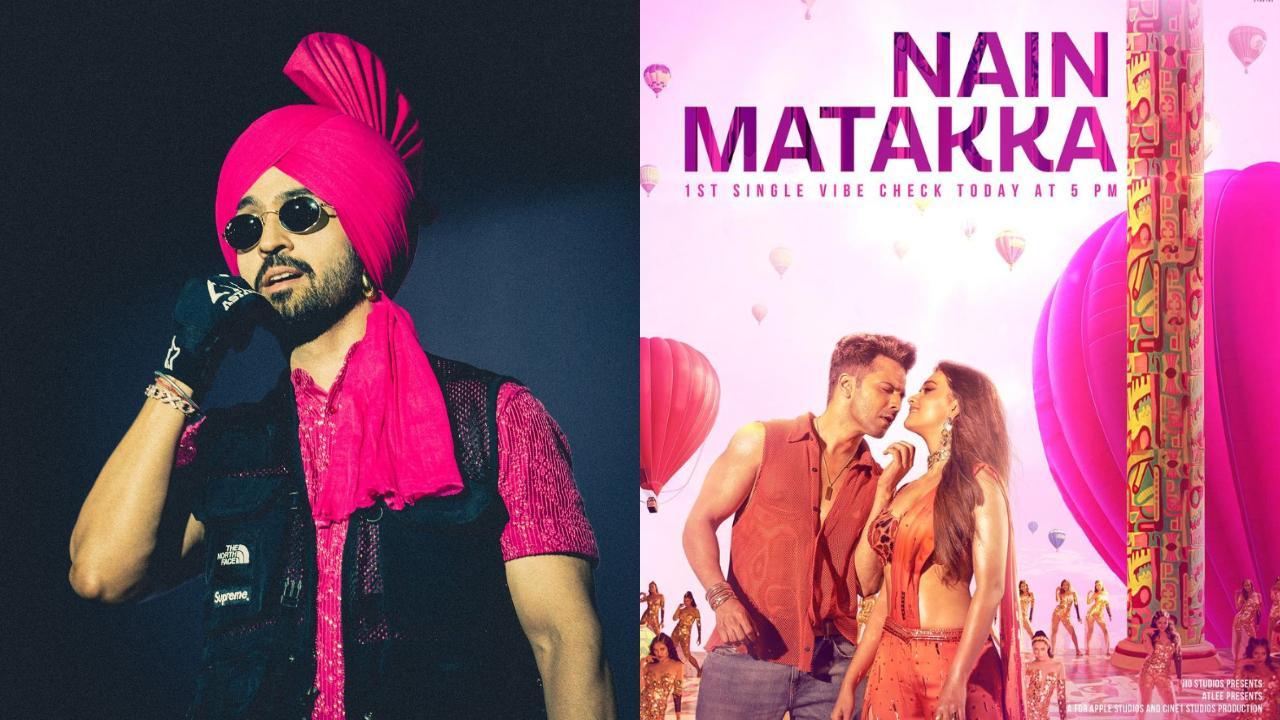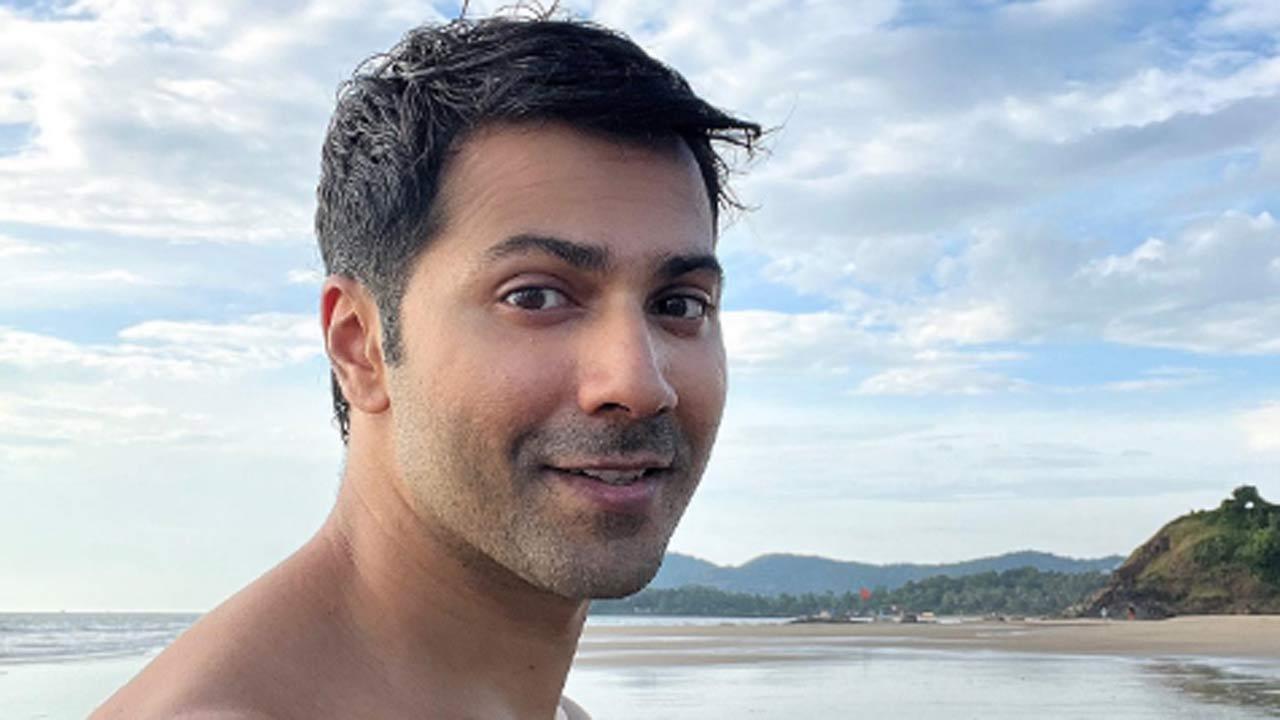
“Belle nuit, Ȏ nuit d’amour...
” The words may not be familiar, but all the world can hum along with that gently lilting barcarolle. It’s the signature tune of Offenbach’s Tales of Hoffmann , a production of which – after two cancellations due to Covid – has opened at the Royal Opera House four years late, but with its starry cast intact. It’s directed by Damiano Michieletto, who is famous for taking liberties with operatic texts and, on occasion, enraging audiences.
What liberties would this Italian provocateur take with Offenbach’s Tales of Hoffmann ? None that outdo the composer’s own crazy liberties with reality. The plot begins and ends with Hoffman – an alcoholic poet – recounting to a posse of drunken students three disastrous amours of his youth, with one girl murdered, one dumping him, and one turning out to be a mechanical doll. The message of the opera, says Michieletto, is that happiness and love are illusions.
But that limp rationale is not what drew him to this multi-coloured work. What he likes, he has said, is the way it operates both as a fantastical cabaret, and as a study of grief, nostalgia, and loneliness. And what the audience like is not the convoluted plot, in which everyone is a shape-shifting wraith whose emotions can’t be taken seriously.
What draws people is Offenbach’s bewitching cornucopia of arias, duets and orchestral interludes. Michieletto’s cast includes a clutch of brilliant singing actors, led by two great singers. The Peruvian tenor Juan Diego Florez incarnates the young Hoffmann with musical grace and an awareness that the work is essentially a comedy.
Meanwhile the Albanian soprano Ermonela Jaho sings gorgeously, while doing something tragicomic with her part as a terminally ill young woman in denial of her fate. Read Next Rigoletto at the ENO is all pinstripes and no pistol Michieletto and his designer Paolo Fantin (plus lighting designer Alessandro Carletti) have fun with magic tricks, and they wittily exploit the possibilities latent in Covent Garden’s in-house chorus and dancers. Versatile baritone Alex Esposito brings mischievous colour to Hoffmann’s evil doppelganger Lindorf plus three other roles; Christophe Mortagne – who moves as deftly as he sings – brings the house down as a ballet-master failing to control a sneakily rebellious line of infant ballerinas.
Julie Boulianne’s Nicklausse is the eloquent conscience of the piece. But the real show-stopper is Russian soprano Olga Pudova, playing the mechanical doll. Her high coloratura is icy and faultless, while her movements are so convincing than it’s hard to believe she’s human at all – a stunning turn.
If Antonello Manacorda’s conducting is all rough-edged vigour, that suits the nature of this sprawling romp of a work. It’s very long, but there are no longueurs . To 1 December ( roh.
org.uk ).














